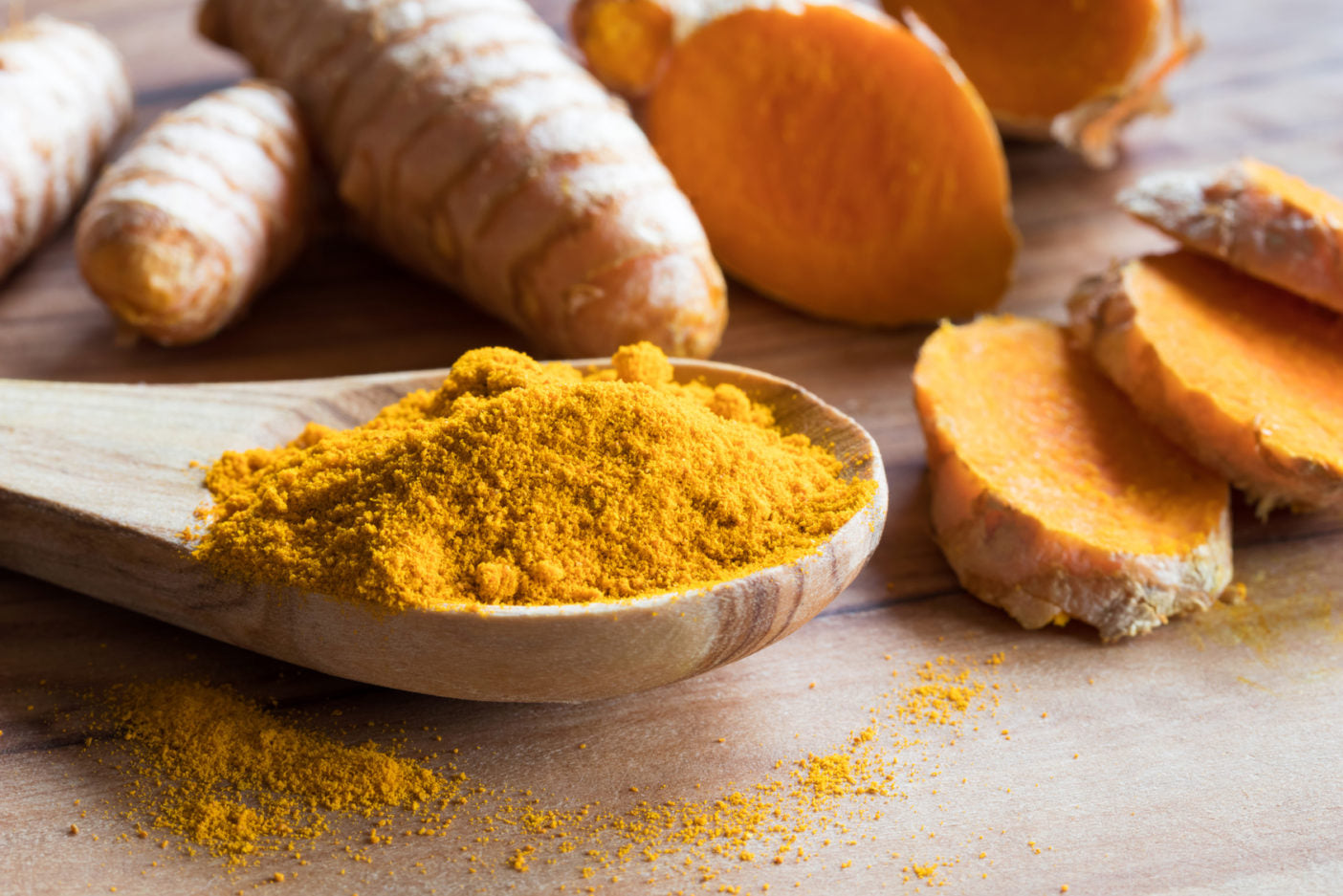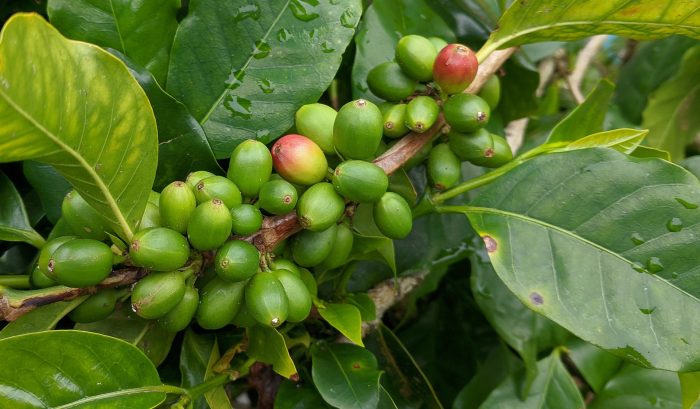
Turmeric Root Extract and How It Helps with Aging
What is Turmeric Root Extract?
Turmeric Root Extract is derived from the root of the turmeric plant, scientifically known as Curcuma longa. Turmeric has been used for centuries in traditional medicine and culinary practices, and its extract is valued for various potential health and skincare benefits.
Here are some key characteristics of Turmeric Root Extract:
- Anti-Inflammatory Properties: Turmeric is renowned for its anti-inflammatory properties, primarily attributed to its active compound, curcumin. In skincare, Turmeric Root Extract is valued for its potential to soothe and calm irritated skin, reduce redness, and address inflammatory skin conditions.
- Antioxidant Effects: Curcumin, the main bioactive compound in turmeric, acts as a potent antioxidant. Antioxidants help neutralize free radicals, preventing oxidative stress and potential damage to skin cells. This can contribute to maintaining healthy and youthful-looking skin.
- Brightening and Even Skin Tone: Turmeric is known for its skin-brightening properties. It may help reduce the appearance of hyperpigmentation and uneven skin tone, promoting a more radiant complexion.
- Wound Healing: Turmeric has been traditionally used for its wound-healing properties. In skincare, Turmeric Root Extract may assist in promoting the healing of minor skin wounds, cuts, or irritations.
- Anti-Aging Benefits: The antioxidant and anti-inflammatory properties of Turmeric Root Extract make it a valuable ingredient in anti-aging skincare products. It may help address signs of aging, such as fine lines and wrinkles, and contribute to overall skin health.
- Acne Management: Due to its anti-inflammatory and antimicrobial properties, Turmeric Root Extract may be beneficial in managing acne. It can help reduce inflammation associated with acne and inhibit the growth of acne-causing bacteria.
How Turmeric Root Extract help with aging
Turmeric Root Extract offers several potential benefits for aging skin, thanks to its rich content of bioactive compounds, primarily curcumin. Here's how Turmeric Root Extract may help with aging:
- Antioxidant Protection: Curcumin, the active compound in turmeric, possesses strong antioxidant properties. Antioxidants help neutralize free radicals, which are unstable molecules that can damage skin cells and contribute to premature aging. By providing antioxidant protection, Turmeric Root Extract may help reduce oxidative stress and support the skin's resilience against environmental factors.
- Anti-Inflammatory Effects: Chronic inflammation is associated with various signs of aging, including wrinkles and loss of skin elasticity. Turmeric Root Extract has potent anti-inflammatory properties, which may help mitigate inflammation in the skin. This can contribute to a more youthful appearance by reducing redness, puffiness, and the overall impact of inflammatory processes on the skin.
- Wrinkle Reduction: The anti-inflammatory and antioxidant effects of Turmeric Root Extract can contribute to reducing the signs of aging, including the formation of wrinkles. By addressing inflammation and oxidative stress, it may support the skin in maintaining a smoother texture.
- Collagen Synthesis: Collagen is a key structural protein in the skin that provides firmness and elasticity. The aging process can lead to a decline in collagen production, resulting in the formation of wrinkles and sagging skin. Turmeric Root Extract may support collagen synthesis, helping to maintain skin firmness and reduce the appearance of fine lines and wrinkles.
- Brightening and Even Skin Tone: Age spots, sunspots, and uneven skin tone are common concerns associated with aging. Turmeric Root Extract has skin-brightening properties that may help reduce the appearance of hyperpigmentation. It promotes a more even skin tone, contributing to a youthful and radiant complexion.
- Moisturization and Hydration: Aging skin tends to lose moisture, leading to dryness and the accentuation of fine lines. Turmeric Root Extract may contribute to skin hydration by helping to retain moisture. This can improve skin texture, diminish the appearance of dehydration lines, and create a smoother complexion.
- Wound Healing and Repair: Turmeric has been traditionally used for its wound-healing properties. In the context of aging skin, Turmeric Root Extract may aid in the repair of damaged skin cells, promoting overall skin health and vitality.
It's essential to note that individual responses to skincare ingredients can vary.






